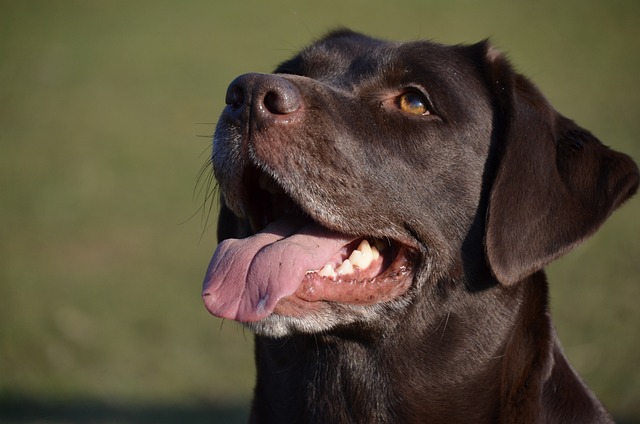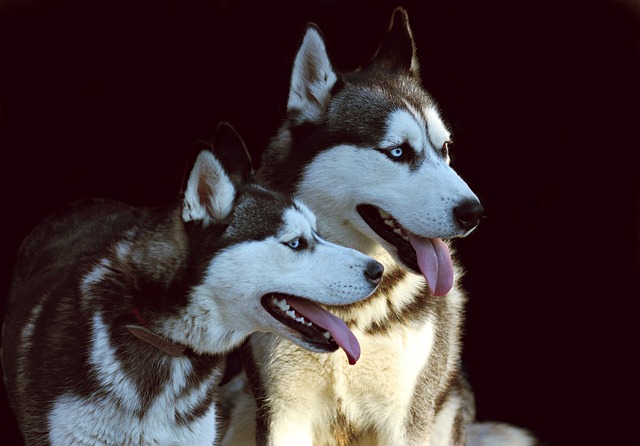
How to improve a dog’s coat condition
If you’re a new dog parent in the US—maybe you brought home a fluffy Golden Retriever puppy from a shelter in California or a sleek Greyhound from a breeder in New York
You’ve just welcomed a wiggly, happy puppy into your home, a classic American dream. But that dream can quickly turn stressful when your new best friend starts having unpleasant, runny accidents on your apartment’s pristine hardwood floors. You’ve noticed they’ve been scratching more than usual, too, and it hits you—could these two things be connected? Can your dog’s allergies actually cause diarrhea? The short answer is a definitive yes, and understanding this link is a game-changer for any new pet parent navigating this confusing situation.
Scientifically, it boils down to your dog’s immune system going into overdrive. When a dog with a food sensitivity, say to a common protein like chicken or an additive in their kibble, ingests that allergen, their body sees it as an invader. This triggers an inflammatory response. While we often see this as itchy skin or red paws, this inflammation doesn’t stop there. It can directly irritate the entire gastrointestinal tract, leading to poor nutrient absorption, an imbalance of gut bacteria, and ultimately, a rush to evacuate—hence, the urgent diarrhea. It’s not just food; environmental allergens like pollen, which they can lick off their paws, can sometimes have a similar internal effect.
So, what’s the practical first step? Don’t panic and immediately switch foods. That can make things worse. Your first call should always be to your veterinarian to rule out more serious issues like parasites or infections, which is a core part of responsible ownership. If an allergy is suspected, they’ll likely guide you through an elimination diet, a meticulous process of feeding a novel protein (like salmon or venison) and a single carbohydrate source for 8-12 weeks, then slowly reintroducing old ingredients to find the culprit. This requires serious patience and reading ingredient labels like a hawk, but it’s the gold standard for pinpointing the problem. For a pup in a smaller urban apartment, managing this process means establishing a strict feeding zone, away from high-traffic areas, to prevent any accidental scavenging of dropped human food that could skew your results.

This journey into your dog’s gut health is also a perfect time to reflect on our broader responsibilities as dog owners, which are often encoded in local ordinances. Keeping your pet’s vaccinations, like their rabies tag, up to date isn’t just a health measure; it’s the law in most U.S. municipalities. And when that allergy-induced diarrhea strikes during your essential afternoon walk in the community park, being equipped with durable baggies to immediately clean up is non-negotiable—it’s a simple act of respect for your neighbors and public health. Furthermore, if your frustrated pup has an accident indoors during this stressful period, remember that modern animal welfare culture strongly emphasizes positive reinforcement. Never resort to punitive measures; instead, patiently redirect and reward them for eliminating outside. This compassionate approach aligns with both effective training methods and the ethical standards of our community, ensuring your furry family member feels safe and loved as you both work through this messy challenge together.

If you’re a new dog parent in the US—maybe you brought home a fluffy Golden Retriever puppy from a shelter in California or a sleek Greyhound from a breeder in New York

If you’re a new dog parent in the US—maybe you brought home a floppy-eared Cocker Spaniel from a shelter in California or a cuddly Basset Hound from a breeder in Ohio

Dog owners often panic the first time they hear that harsh, honking cough—worried not just about their pup, but if they’re putting other dogs at risk.

If you’re a new dog parent in the US—maybe you brought home a bouncy Cocker Spaniel puppy from a shelter in Florida or a calm Basset Hound from a breeder in Ohio

If you’re a new dog parent in the US—maybe you just brought home a playful Lab puppy from a shelter in Texas or a cozy Shih Tzu from a breeder in New York

If you’re a new dog parent in the US—maybe you picked up your first pup from a shelter in Denver or a breeder in Florida—finding your dog with red